
Know more about the different law schools in Ontario, Canada, including the different programs they offer and how to apply to these faculties of law

Home to most of the legal institutions and universities in the country, Ontario offers a great opportunity for aspiring lawyers. Explore your options by reading some of the best features of these law schools in Ontario, Canada.
Out of the 23 law schools across the country, there are 8 law schools in Ontario, Canada. Each law school offers one or both of Canada’s systems of law: Common Law and Civil Law. These faculties also offer a specific program or a combination of these programs:
Here are the different law schools in Ontario, Canada:
We’ll discuss some of the important details as an overview of these law schools in Ontario, Canada. If you’re interested to know more about the law schools in the other provinces, check out our complete list of Canadian law schools.
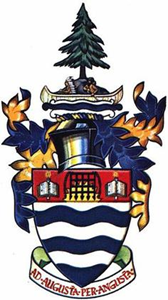
Located in the city of Thunder Bay, Lakehead University’s Bora Laskin Faculty of Law offers a 3-year full-time JD degree. This can be completed through its in-person stream or 1L Online Intensive.
Bora Laskin Faculty of Law is grounded on the three mandates of its curriculum:
Here are the admission requirements:
Students of diverse backgrounds may also apply through the following application categories:
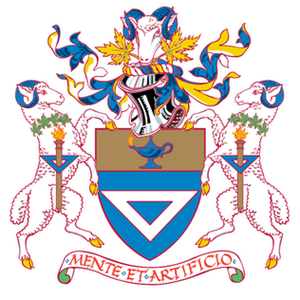
The Lincoln Alexander School of Law of Toronto Metropolitan University offers a 3-year JD program built on its 4 key pillars:
The University also aims to accept diverse students from different racial backgrounds. This is evident through its different admission categories:
Here are the admission requirements:
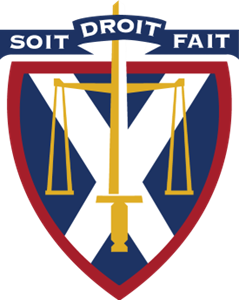
Another law school in Ontario, Canada is the Faculty of Law of Queen’s University in the city of Kingston.
Unique to Queen’s University is their offering of International Law programs at Bader College, where students can apply for public international law or international business law.
Aside from its JD program, Queen’s University also offers combined degree programs:
Requirements for admission of first year students are:
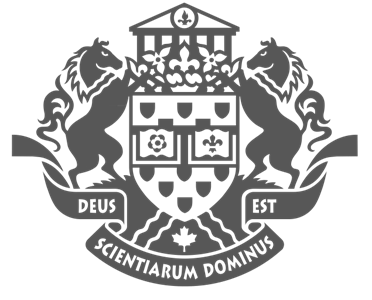
The University of Ottawa Faculty of Law offers 2 degree sections:
These two legal systems can be studied concurrently (through its Programme de droit canadien, offered in French) or consecutively (through its National Program, which is offered bilingually).
The faculty also offers combined degrees, such as:
To be admitted into the Civil Law Degree or the Common Law Degree, the requirements are:
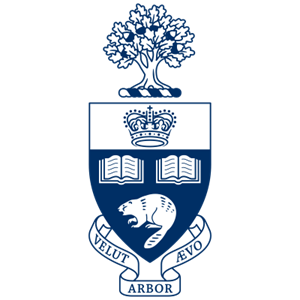
One of the oldest law schools in Ontario, Canada, the University of Toronto Faculty of Law offers other programs aside from its JD program, such as:
It also offers combined programs, including JD/MA, JD/MBA, JD/PhD, among others. The faculty also offers Certificate programs.
Aside from the General Applicant Category, interested applicants may also choose from any of its other applicant categories:
Common among these categories are these requirements for admission:
Here’s a sneak preview of the University of Toronto Faculty of Law:
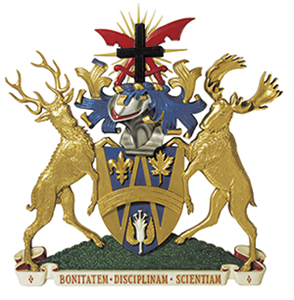
University of Windsor’s Faculty of Law boasts of its Canadian & American Dual JD Program. It allows law students to obtain 2 law degrees after 3 years.
Aside from the general JD Program and its Dual JD Program, Windsor Law also offers these programs:
Students may choose either of the following categories for admission:
Here are some of the requirements to be admitted to Windsor Law:
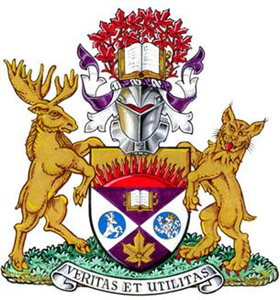
Located in the city of London, Western Law is one of the law schools in Ontario, Canada that offers other programs aside from its JD Program:
Western Law also offers combined-degree programs, which are divided into:
Interested applicants must comply with these requirements:
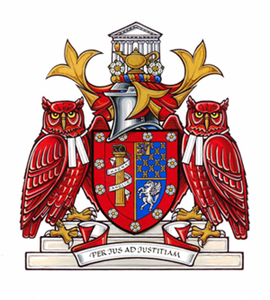
One of the oldest law schools in Ontario, Canada, Osgoode Hall Law School offers Joint Programs aside from its regular JD Program. These Joint Programs include:
Osgoode Hall Law School also offers an Extended Time Program for students who cannot commit to a full-time study program.
Applicants should meet these requirements for admission:
Got any questions about the different law schools in Ontario, Canada? Let us know in the comment section below.